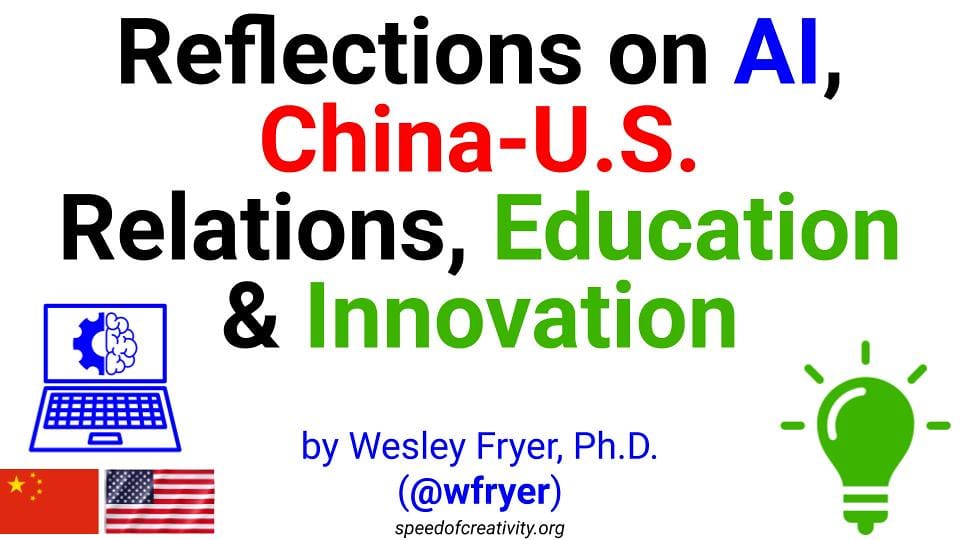Google Hits the Pause Button on AI Homework Helper as Educators Sound Cheating Alarms
Google has temporarily pulled the plug on its AI-powered "Help me write" feature in Chrome after educators raised serious concerns about students using the tool to complete homework assignments dishonestly. The tech giant's decision highlights the growing tension between AI innovation and academic integrity in an era where artificial intelligence is becoming increasingly accessible to students worldwide.
The Feature That Sparked Controversy
The "Help me write" button, which appeared prominently in Chrome's interface, was designed to assist users with various writing tasks by leveraging Google's advanced AI technology. When activated, the tool could generate essays, summarize complex topics, and even complete homework assignments with minimal input from users.
While Google initially marketed the feature as a productivity enhancement for general writing tasks, it quickly became apparent that students were using it as a shortcut for academic work. Teachers began noticing suspicious patterns in student submissions – essays that seemed beyond their students' typical writing abilities, perfect grammar in papers from struggling writers, and remarkably similar responses across different students.
Educators Push Back
The education community's response was swift and decisive. Dr. Sarah Mitchell, a high school English teacher in Seattle, reported that she could identify AI-generated submissions within minutes of reading them. "The writing style was too polished, too perfect," she explained. "When I asked students to explain their thesis statements, they couldn't articulate the very arguments they had supposedly written."
Academic integrity organizations also voiced concerns. The International Center for Academic Integrity noted a 35% increase in reports of AI-assisted cheating since Google's feature launched, with many cases directly linked to the Chrome helper tool.
Google's Swift Response
Facing mounting pressure from educational institutions and academic integrity advocates, Google announced the temporary suspension of the feature pending further review. In a statement, the company acknowledged the "unintended consequences" of the tool in educational settings.
"While our AI writing assistant was designed to enhance productivity and support users in their daily tasks, we recognize that it has raised legitimate concerns about academic honesty," said Google's education policy team. "We are working closely with educators and academic institutions to develop guidelines that preserve the tool's benefits while protecting the integrity of the learning process."
The Broader AI in Education Dilemma
This incident reflects a larger challenge facing the education sector as AI tools become more sophisticated and widely available. Unlike previous technological disruptions, AI writing assistants can produce human-like content that's increasingly difficult to detect, making traditional plagiarism detection methods less effective.
Recent surveys indicate that 43% of college students have used AI tools for coursework, with many unaware that such usage might violate academic integrity policies. This knowledge gap has prompted universities nationwide to update their honor codes and develop new detection methods.
Schools Adapt and Evolve
Educational institutions aren't simply banning AI outright. Instead, many are working to integrate these tools responsibly into their curricula. Some schools are teaching students how to use AI as a brainstorming aid rather than a content creator, while others are redesigning assignments to focus on critical thinking skills that AI cannot replicate.
Professor James Chen from Stanford's School of Education suggests that this pause could be an opportunity for meaningful dialogue. "Rather than viewing AI as the enemy of education, we should use this moment to thoughtfully consider how these tools can enhance learning without compromising academic integrity."
What Comes Next
Google has indicated that the feature may return with enhanced safeguards and clearer usage guidelines. The company is reportedly developing detection mechanisms that could identify when the tool is being used in educational contexts and either restrict functionality or provide appropriate warnings.
Key Takeaways for Stakeholders
The temporary removal of Google's AI homework helper serves as a crucial reminder that technological innovation must be balanced with ethical considerations. For educators, this incident underscores the importance of updating teaching methods and assessment strategies to account for AI capabilities. For students, it highlights the need to understand and respect academic integrity policies in an AI-enabled world.
As artificial intelligence continues to reshape how we work, learn, and create, finding the right balance between innovation and integrity will remain an ongoing challenge requiring collaboration between technology companies, educators, and students alike.
